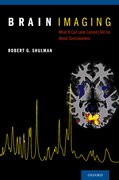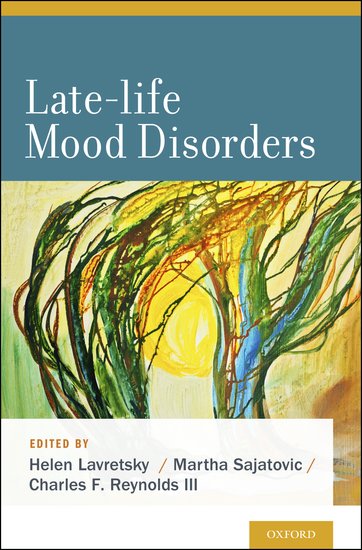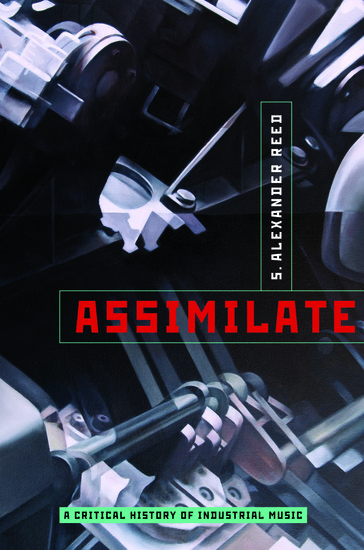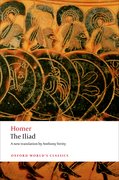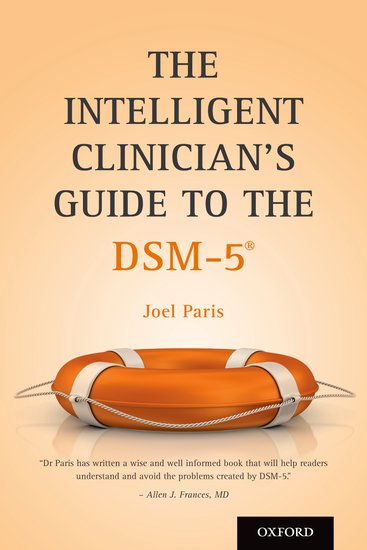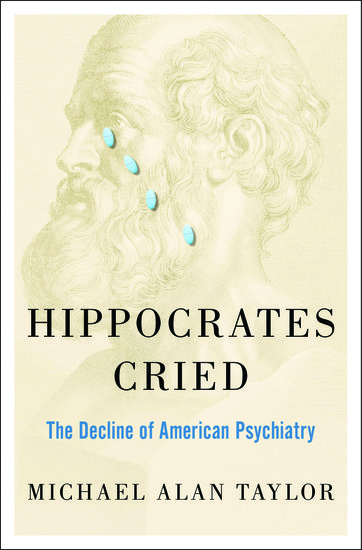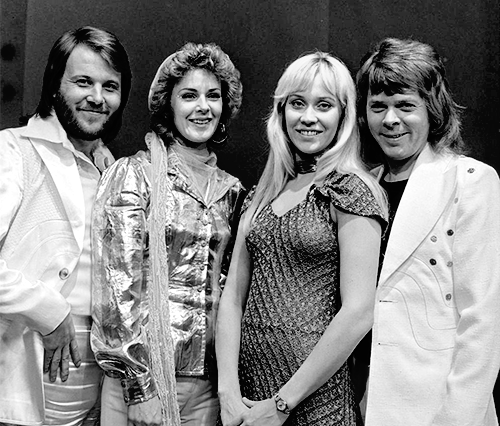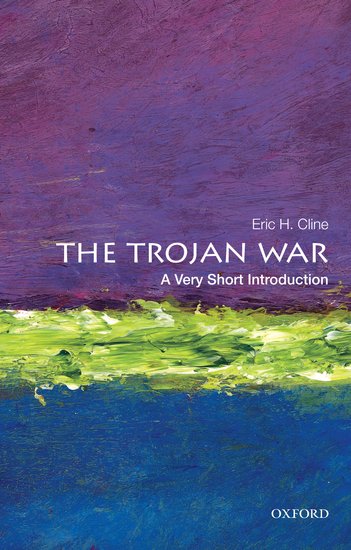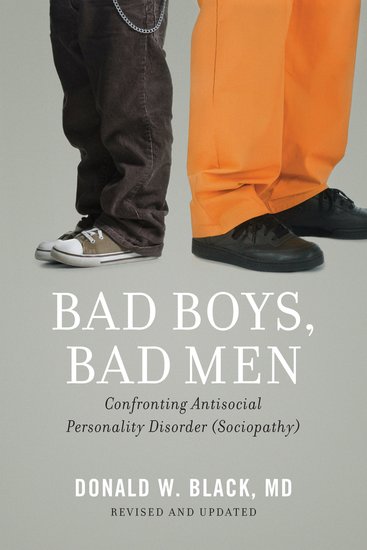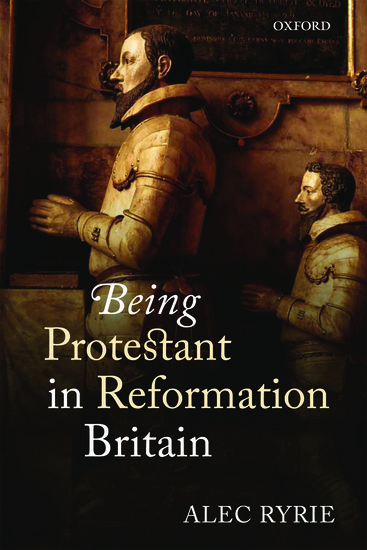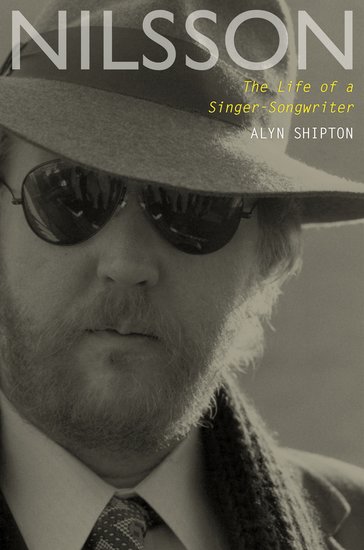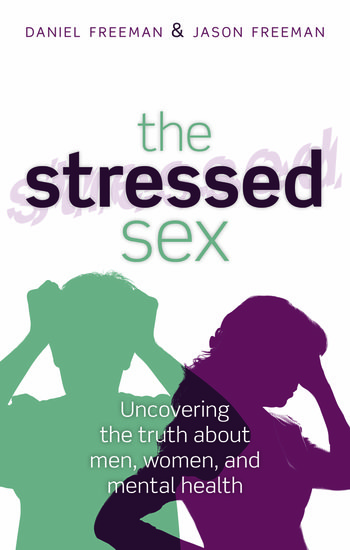Law, gerontology, and human rights: can we connect them all?
By Prof. Israel Doron
Historically, law was not generally considered an important part of gerontological science. As noted by Doron & Hofman (2005), the law was, at best, considered part of gerontology in that it played a part in the shaping of public policy towards the older population, or was incidental to ethical discussions connected with old age. At worst, gerontology has simply ignored those aspects of the law connected with the old, and kept lawyers out of its province.








